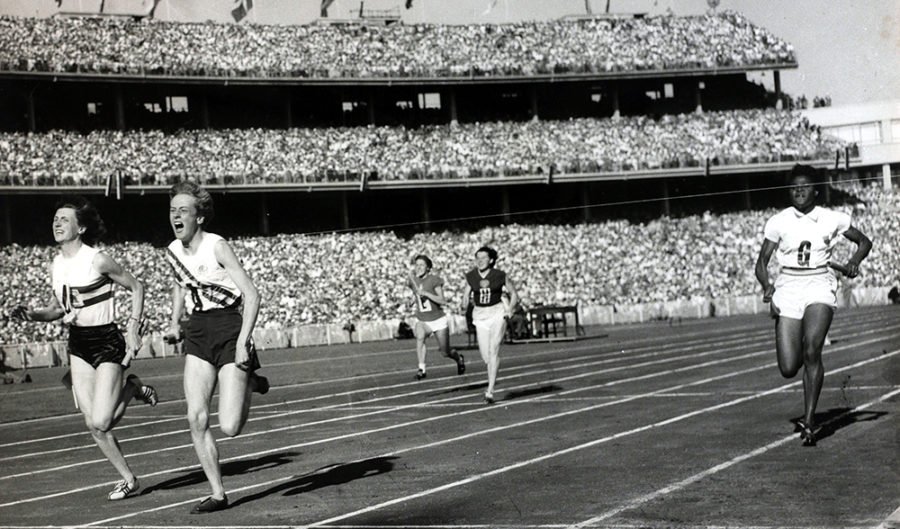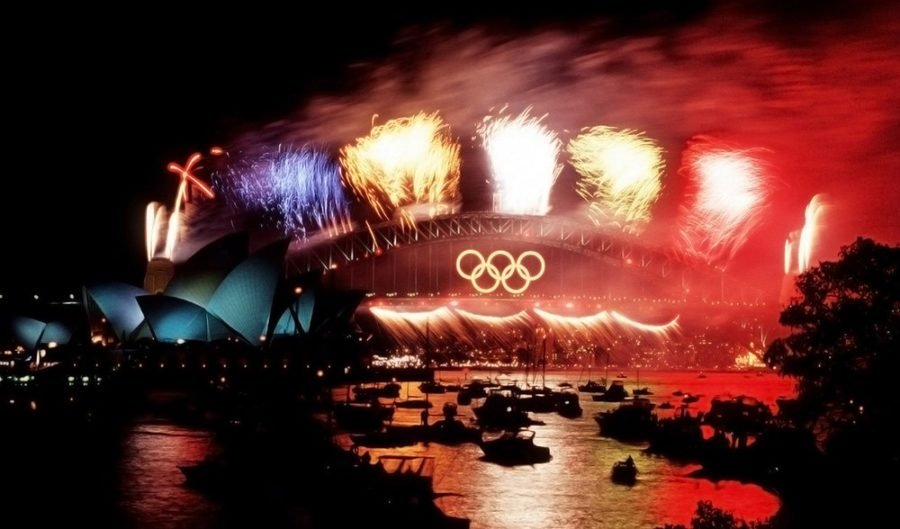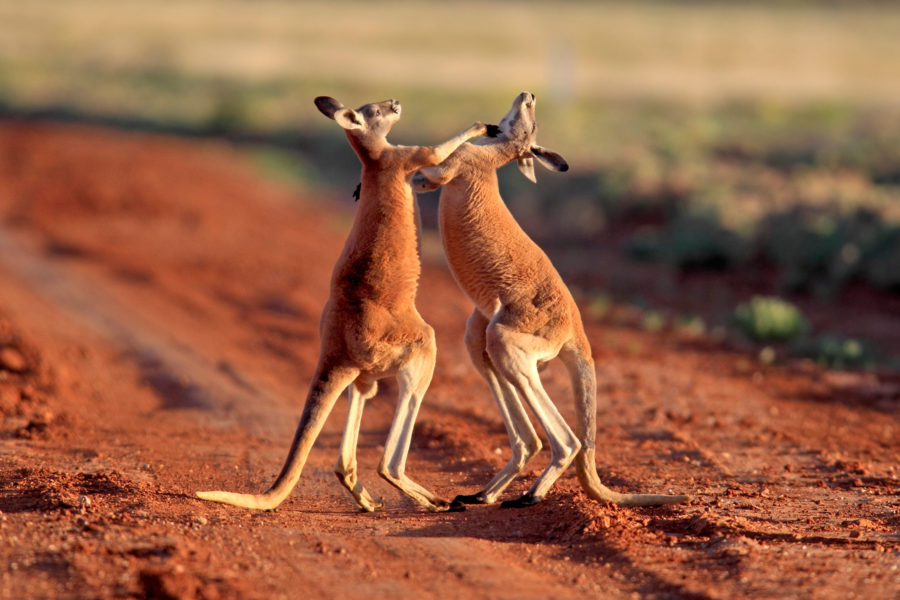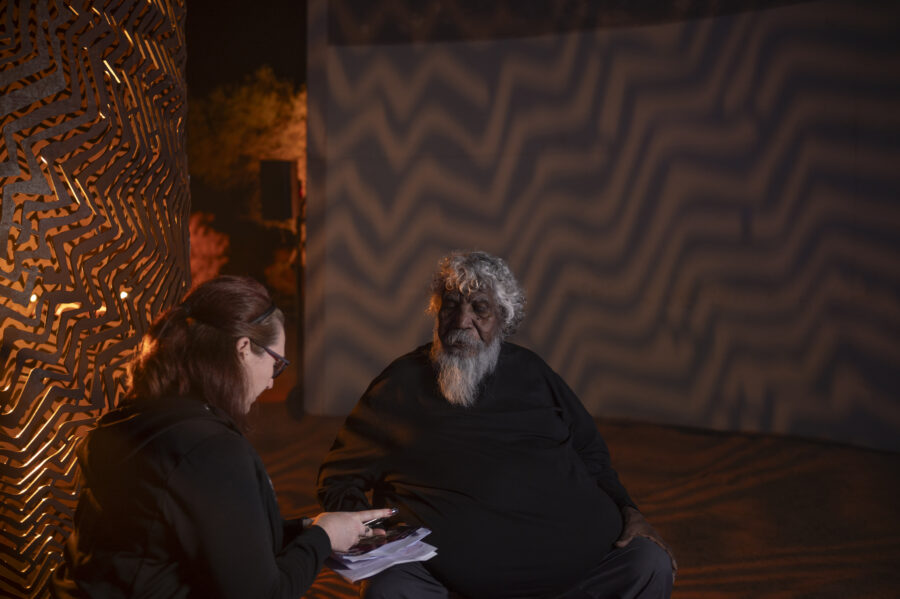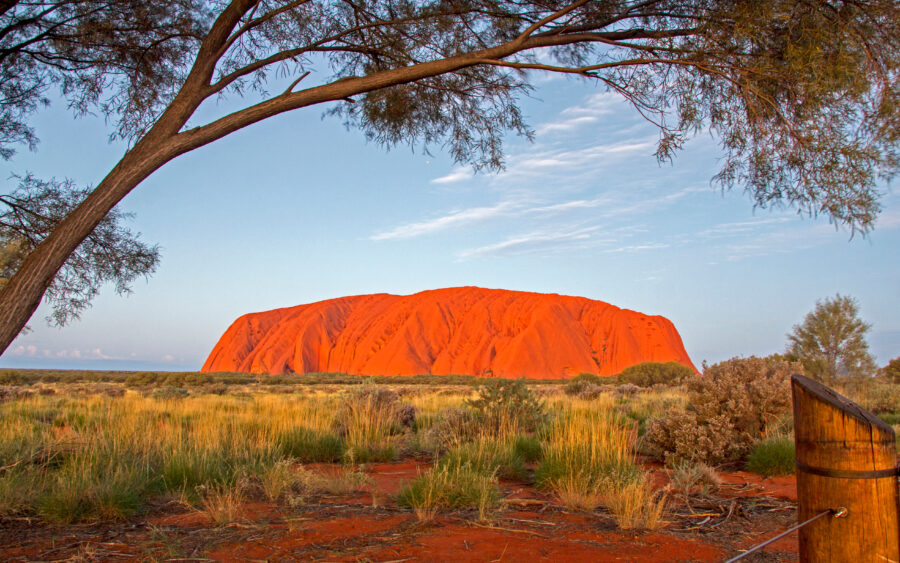Defining Moments in Australian History: Australia’s first Olympian
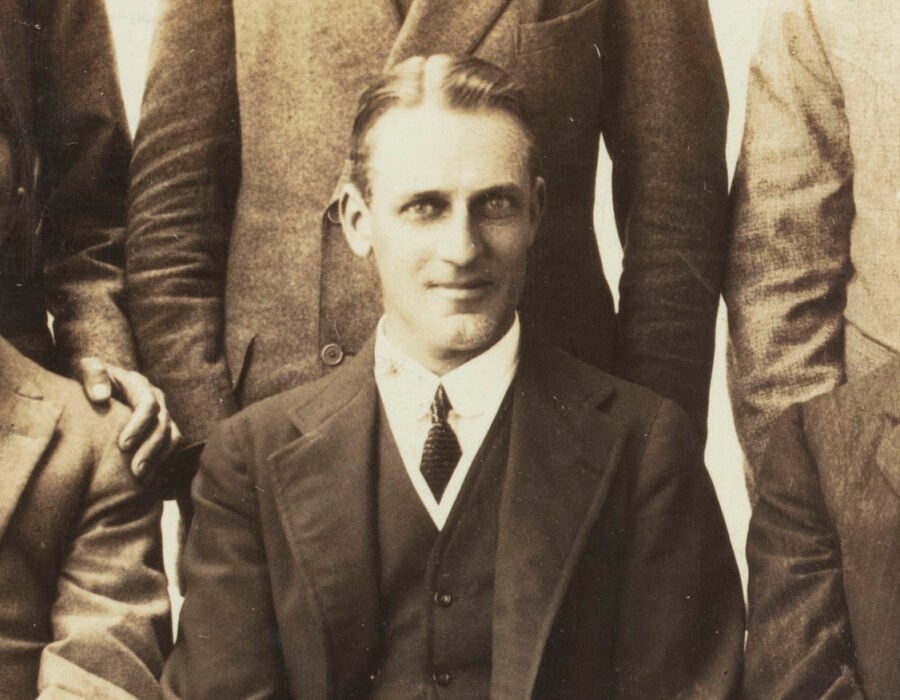
Edwin Flack, an accountant and champion runner, was Australia’s only competitor at the first modern Olympics in 1896, in Athens, where he won the 800m and 1500m, took part in the marathon and placed third in doubles tennis.
Flack was born in London on 5 November 1873 but moved to Melbourne five years later with his family. He attended Melbourne Church of England Grammar School and developed into a talented runner, competing in inter-club events around Victoria. After leaving school in 1892, Flack went to work at his father’s accountancy firm Davey, Flack & Co.

He won the mile in the Australasian Championship in 1893 and founded the Melbourne Hare and Hounds running club. In the following December he won the Victorian mile and half-mile middle distance races (equivalent to today’s 800m and 1500m events).
Encouraged by his father, Flack went to England in 1895 to gain experience with chartered accountants Price, Waterhouse & Co. (now PwC). There he joined several running clubs and the London Athletic Club nominated him to compete in the 1896 Olympics. Taking six days by train and ship to reach Athens, Flack suffered from seasickness and was weak when he reached Greece on 1 April, five days before the games’ official start.
As well as choosing to run the 800m and 1500m races he also submitted his name for the marathon event of 26 miles, although previously the longest race he’d competed in was the Victoria 10-mile cross-country championship.
On 6 April he won his 800m heat in 2 minutes 10 seconds. The next day was the 1500m event with eight runners competing. The favourites were Flack, Frenchman Albin Lermusiaux and American Arthur Blake. As the race entered the home stretch Flack and Blake were battling for the lead. The Australian took the American at the line winning by less than a second in 4 minutes 33.2 seconds. It was the first athletics race at the games not won by an American and Flack was feted as a hero.
The finals of the 800m race were held two days later. Lermusiaux had withdrawn to concentrate on the prestigious marathon to be run the following day and Flack, now favourite, won easily in 2 minutes 11.9 seconds. On 10 April Flack competed in the marathon. The race began at 2pm, the hottest time of the day. There were 25 competitors; all but four of them Greek. The foreigners were Flack, Lermusiaux, Blake and Kellner, a Hungarian.
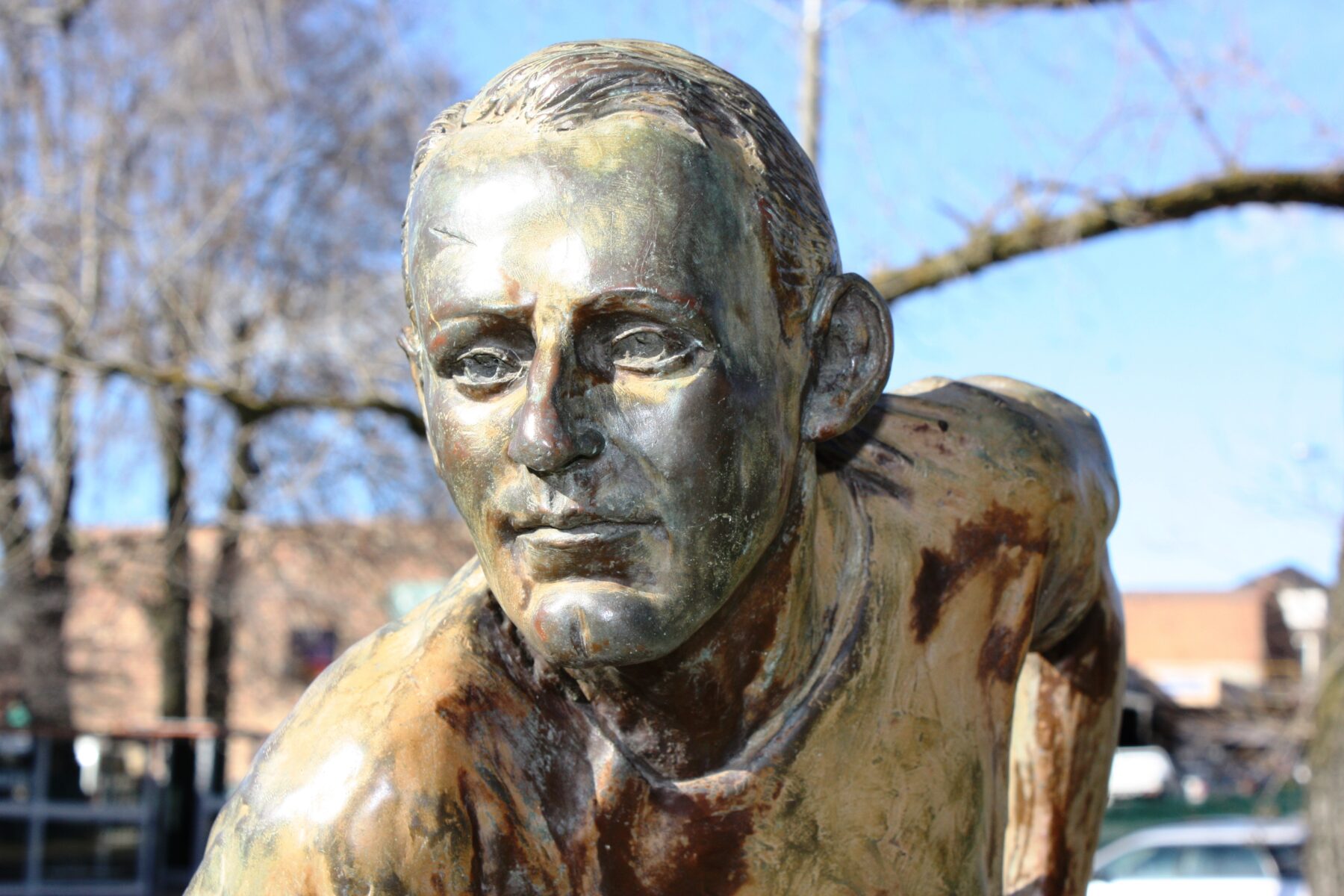
Lermusiaux led early with Flack coming second after six miles. Flack passed the Frenchman after 20 miles and soon after Lermusiaux dropped out. But then Flack hit the ‘runner’s wall’ and lost his energy. The eventual winner, Spyridon Louis, passed him at 22 miles.
Flack continued on, swaying from side to side across the road, but eventually collapsed after 24 miles. He was taken by carriage to the finish line at the Panathenaic Stadium.
Flack was an incredibly popular champion. In a letter to his family he said, “They tell me I have become the ‘Lion of Athens’. I could not go down the street without having a small crowd of people following me on all sides.”
During the games, Flack also competed in tennis, and, pairing with his English friend and roommate George Robertson, came third in the doubles. After the games, Flack returned to London and continued his accountancy training. He returned to Australia in 1899 and rejoined the family accounting firm, becoming a successful businessman and member of the Australian Olympic Committee.
Flack is considered not only Australia’s first Olympian but our first Olympic champion, even though Australia did not come into existence officially until 1901. At the games, Flack competed for Great Britain, but he ran in his old Melbourne Grammar School shorts and singlet.
‘Australia’s first Olympian’ forms part of the National Museum of Australia’s Defining Moments in Australian History project.
